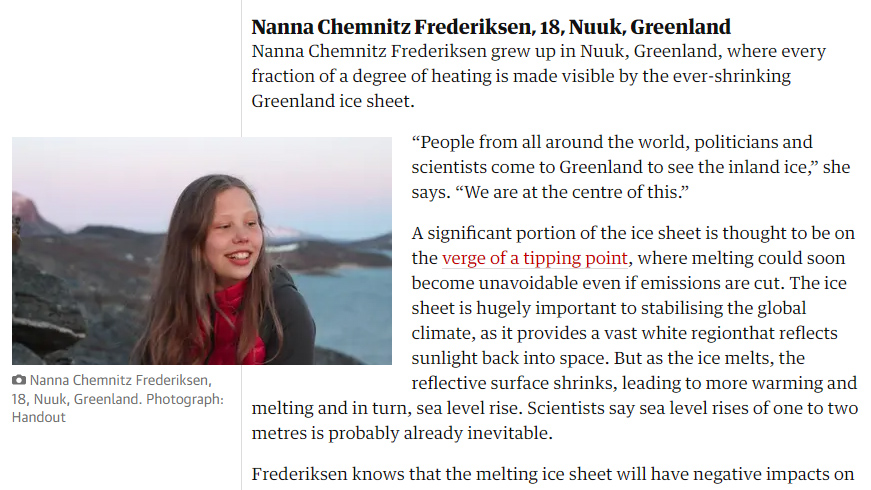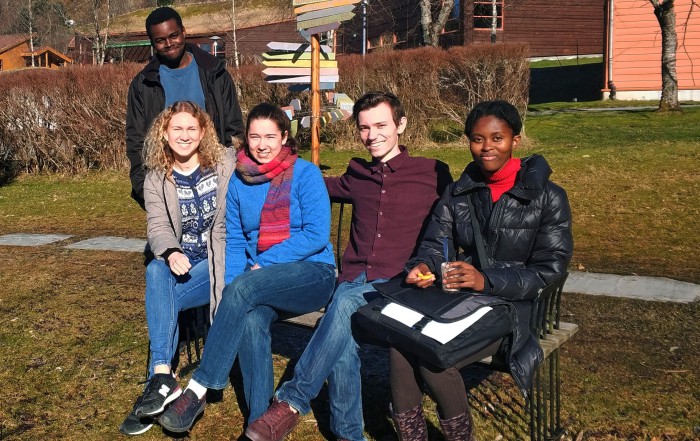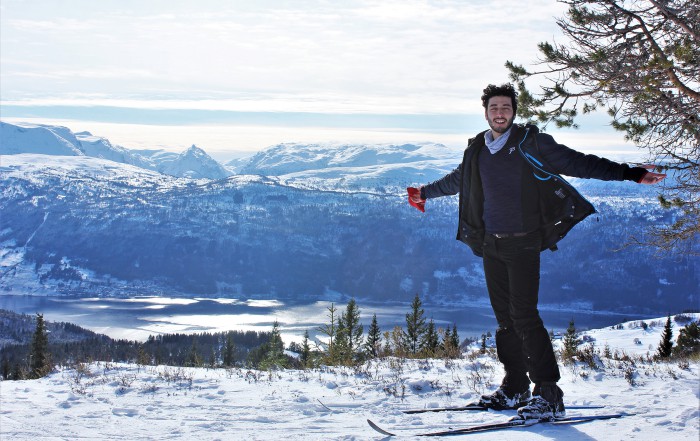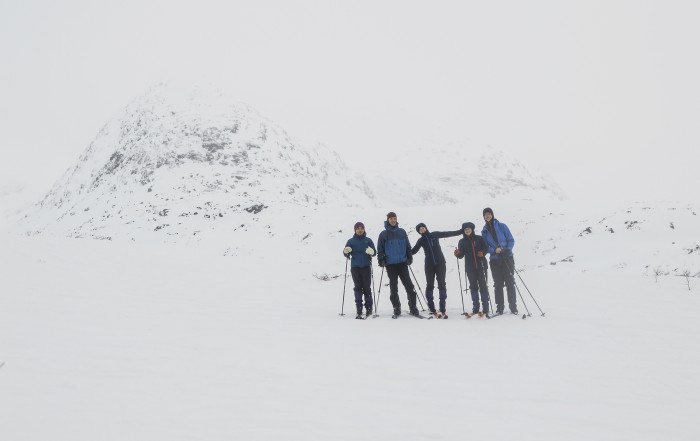“People from all around the world, politicians and scientists come to Greenland to see the inland ice,” she says. “We are at the centre of this.”
A significant portion of the ice sheet is thought to be on the verge of a tipping point, where melting could soon become unavoidable even if emissions are cut. The ice sheet is hugely important to stabilizing the global climate, as it provides a vast white region that reflects sunlight back into space. But as the ice melts, the reflective surface shrinks, leading to more warming and melting and in turn, sea level rise. Scientists say sea level rises of one to two metres is probably already inevitable.
Frederiksen knows that the melting ice sheet will have negative impacts on communities across Greenland, especially in northern settlements such as Qaanaaq where permafrost melting is destabilizing homes and roads and impacting how fishers and hunters operate.
But her real concern lies on the impact it will have globally. “I am not so scared of what the effects of the melting of ice in Greenland will be,” Frederiksen says, “It scares me what effect it can have for the rest of the world.”
Latest News
Go Make A Difference
GoMakeADifference was created by Colin Habgood and his wife Jill Longson (AC ’81) in 2001, to provide grants to UWC students. This year, we have three projects from UWC Red Cross Nordic that [...]
Friluftsveka 2019 in Stryn
In the last 9 days, all first year students got to experience the cold, sunny, challenging and fun feelings of being deep in the mountains – as part of our annual Friluftsveka (Outdoor [...]
Neil Davis Friluftsliv
An eager, enthusiastic, intrepid (and somewhat unsuspecting) team assembled for this year's "Neil Davis Memorial Friluftsliv" snowcaving trip in Gaularfjell: after 3.5 hrs of sweaty excavating and shovelling in a soft drizzle, a [...]




